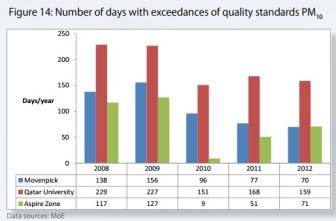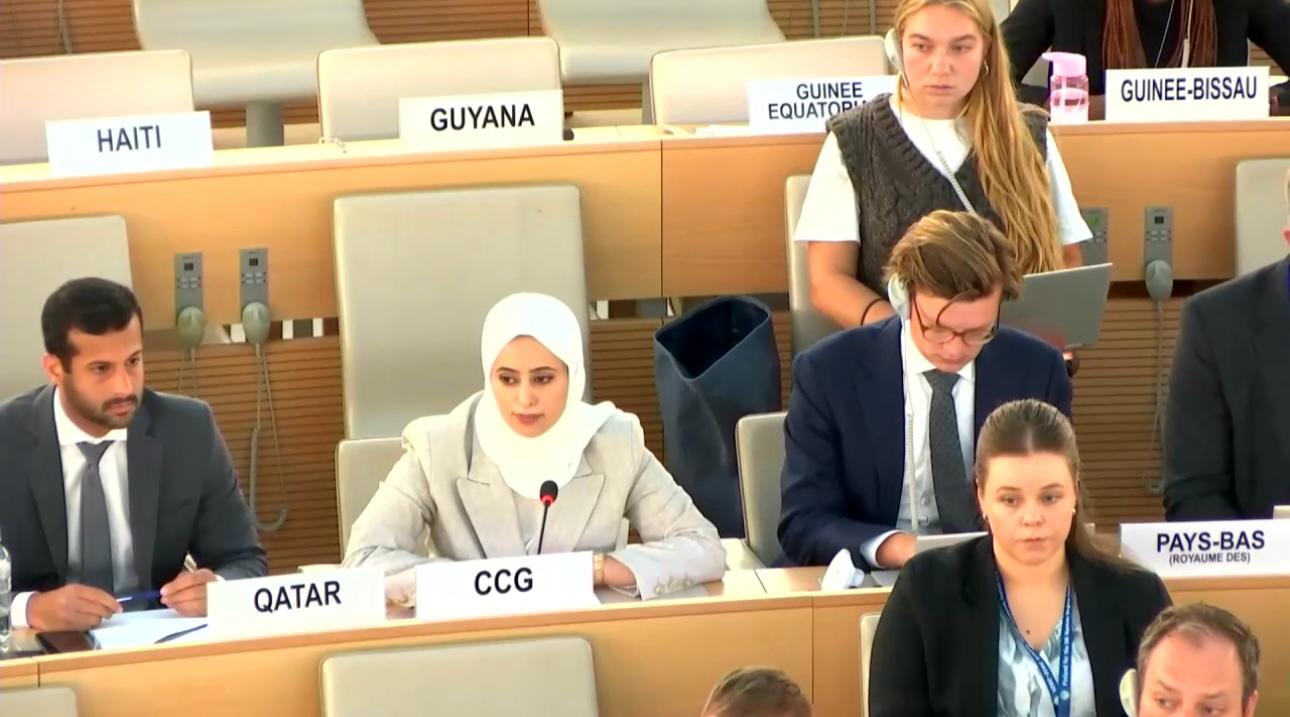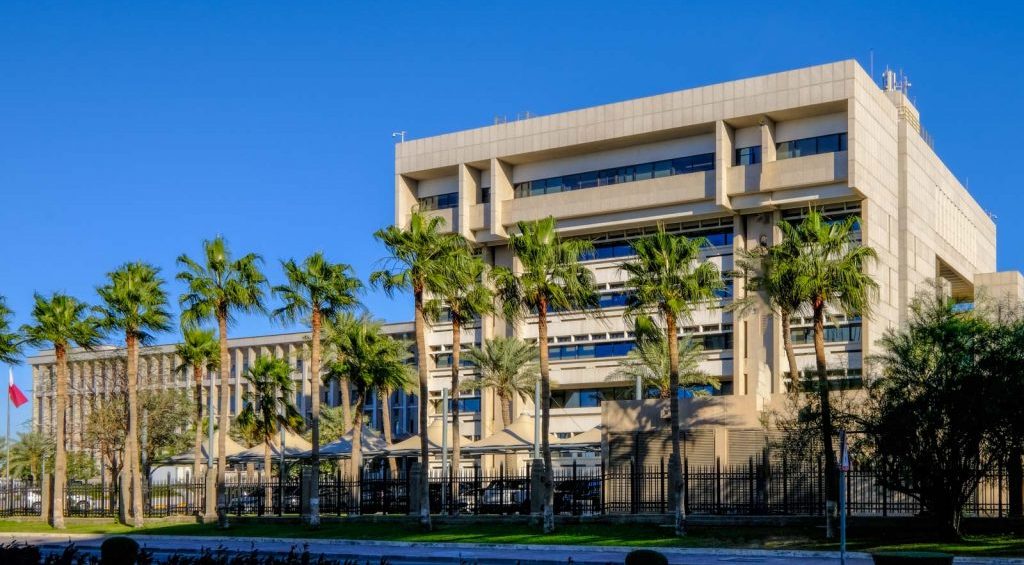
Doha residents feel much safer than statistics would suggest they actually are, according to a new report that assesses and ranks dozens of cities around the world.
Qatar’s capital came in 29th place out of 50 cities in the latest edition of The Economist Intelligence Unit’s Safe Cities Index: Assessing urban security in the digital age.
According to the index, Doha trailed GCC neighbor Abu Dhabi, but came out ahead of Kuwait City (36th) and Riyadh (46th), the only other Gulf cities mentioned in the report.
The highest rankings went to Asian cities, with Tokyo taking first place, Singapore in second and the Japanese city of Osaka coming in third.
Using statistics from previous EIU reports, the World Health Organization, internet security firm Kaspersky and interviews with world experts in their field, the study scored each city across four areas: personal safety, infrastructure safety, digital security and health security.
Each category includes up to 8 sub-indicators, such as policy measures, levels of spending and frequency of vehicle accidents.
Doha numbers
In comparing how Doha did in the different categories, it fared particularly well in terms of personal safety, coming in 14th place. This put it well ahead of Abu Dhabi (32nd), Riyadh (42nd) and Kuwait City (43nd).
The factors taken into account included the prevalence of petty and violent crime, the role of the police, and residents’ general perception of safety, using data from online statistics site numbeo.

In fact, Doha residents said they felt their city is very safe. These views pushed up the Qatari capital’s rankings to 9th place out of all 50 cities in terms of public perception.
This feeling of safety could in part be a reflection of traditionally low levels of media reporting of crime in Qatar, which the index stated is a trend throughout the region.
Conversely, residents in North American cities felt less safe than their crime statistics suggest they should, the report stated, adding: “In the Middle East, citizens should be more safety conscious than they are.”
Sick cities
Doha did not fare so well in the field of health security, although none of the cities in the region score highly in this category. Doha came in at 41st place, behind Kuwait (39th), but ahead of Riyadh (43th) and Abu Dhabi, which was ranked near the bottom at 45th place.
This category depended on environmental policies, access to and quality of healthcare, life expectancy, infant mortality and water and air quality.

One element pulling Qatar’s rankings down was that it fared poorly in international assessments for air pollution. Data released last year by the World Health Organization (WHO) suggests Doha is among the world’s most polluted cities.
Additionally, the Environment Statistics Annual Report 2013, issued by Qatar’s Ministry of Development, Planning and Statistics in November last year found that harmful airborne particles exceeded recommended levels for 159 days of the year in 2012 (its latest figures).
Infrastructure and online
Despite efforts to boost cyber security in recent years, Doha’s score for the category of digital security remained relatively low at 31st place, well behind Abu Dhabi at 9th place.
Factoring into this ranking: the resources dedicated to ensuring residents can go online without fear of violations of privacy or identity theft; the reliance of a city on digital infrastructure (smart traffic lights etc); frequency of identity theft and the estimated number of computers infected with viruses.
The final category of infrastructure safety scored cities based on factors including the safety of buildings and roads, resilience against disaster, enforcement of transport safety, frequency of accidents and pedestrian deaths.

Doha came in at 36th, perhaps reflecting its ongoing battle to improve safety on the increasingly congested road network.
Earlier this week, a study led by Qatar Road Safety Studies Center based at Qatar University found that the number of traffic accidents in the state has increase by 560 percent in the 18 years between 1995 and 2013.
This equated to an annual average increase for all types of road accidents of 14 percent, which is much higher than the average population increase of 8 percent each year over the same period.
Do you think Qatar is safe? Thoughts?







